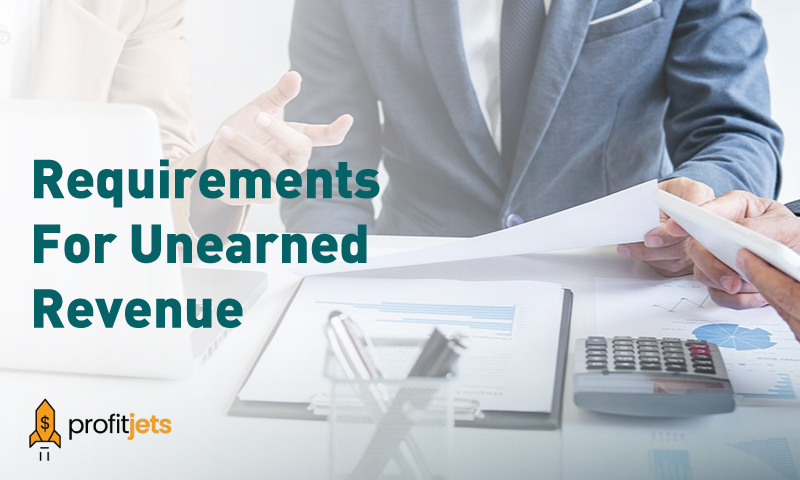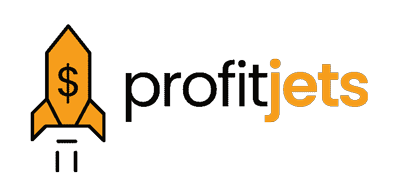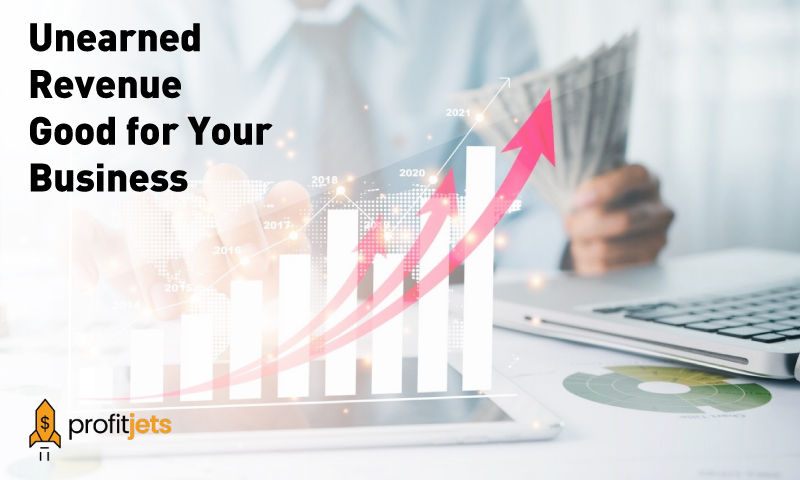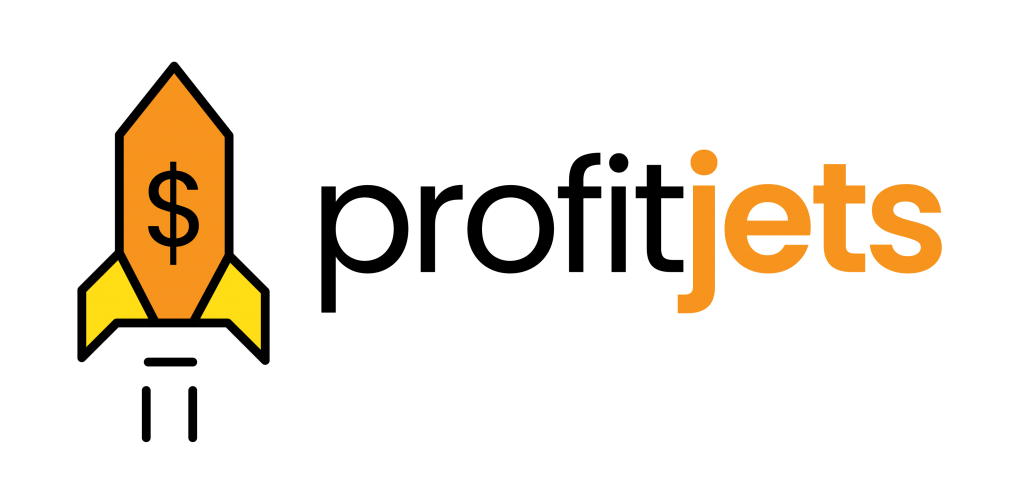There are a few specific ways through which a business can earn revenue. First, after selling products or services, the company receives the due amount from each customer they have duly served. This is the most genuine way to earn revenue. Nevertheless, there have been many instances where customers pay in advance for a product or service they haven’t received yet and are promised to be present on a date agreed by both parties.
Though the company receives the payment before the product is sold or the services provided, this amount goes into the balance sheet as a liability. The amount remains in the books as a liability until the products or services are delivered. This amount is known as unearned revenue. The company can use this unearned revenue only for accounting purposes monitoring and projecting the business health.
Though it seems incredible to have unearned revenue in your books, the liability must be clarified. The liability is not just the product and services yet to be offered; it is the time and expenses that the business has to invest in the meantime. So, the key is to understand how unearned revenue may impact the books and customer relationships and turn it in favor of the business.
Fast Earning Option

Every company or business wants to earn more and have its cash flow speak for the organization. It is easier for big corporate firms but not merely for small business sectors. This is where unearned revenue makes a difference. While companies mostly struggle to collect the dues from customers, and in some cases, the opposite plays out.
In the case of unearned revenue, the customer pays in advance for the product or services. Customers can only do so when they have complete faith in the business. This is why companies tend to collect and deposit revenue beforehand so the necessary expenses can be met on time. The unearned revenue is calculated among the cash flow and helps clear up the financial errands.
Increased Working Capital

The capital with which businesses start their operations contains the working capital as well. This part of the capital is for seamlessly moving the company and paying for the necessary expenses that come in the way. Unfortunately, the working capital is constantly fluctuating, and it can be difficult for a small business to keep it from drying out.
Fortunately, the unearned revenue keeps the company from suffering such a fate. Oftentimes, companies are forced to take bank loans to keep the working capital intact. This can easily be avoided by collecting dues, advances, and unearned revenue.
Payment Intervals For Clients

For an expensive project, the client may need to consider their budget before paying up in full. If the client is not ready to pay the whole amount upfront, other methods can be implied to solve the situation. For example, the amount can be split into small segments; instead of paying the entire money at one time, the amount can be split into small segments.
The client may be able to pay the sum monthly or quarterly. They can also make a downpayment and then pay the rest in installments. In short, the client can also get an upvote for keeping true to their budget.
Requirements For Unearned Revenue

No matter how good an advance or an unearned revenue may be, the business can benefit greatly. This is because it can also be included in the company’s accounting books as a liability. However, to make this liability turn into revenue, there are specific guidelines that the business needs to abide by.
In short, the unearned revenue has o be earned to add it to the income statement as revenue. Some criteria have to be met by the business to make this happen.
- The company and customer are assumed to have agreed upon the money collected in advance. This has to be well-documented and backed up by evidence.
- The company must also ensure that the products or services are delivered in due time.
- The products and services must also have a predetermined rate, based on which the customer makes the advance payment.
- Lastly, the amount paid in advance can only be considered as revenue if the amount can be withdrawn or deposited. The company needs to ensure they have received the payment and not riding on false hope.
Conclusion

Small businesses can benefit from the unearned revenue as the amount adds to their cash flow and inflates their working capital. As a result, the company’s performance is bound to improve with the temporarily enhanced finances.


